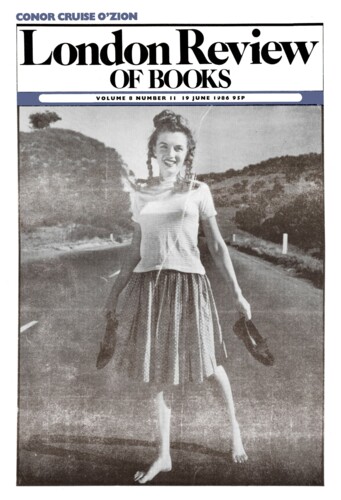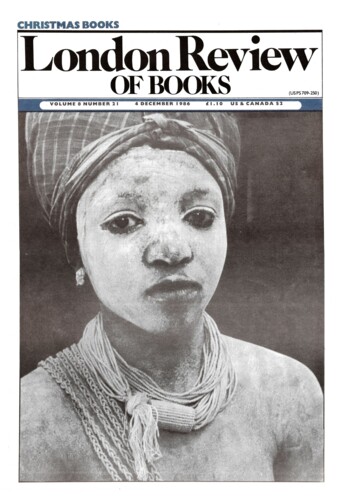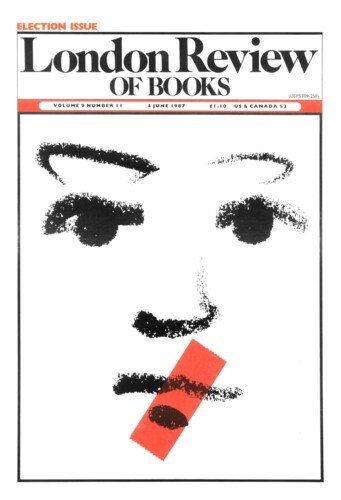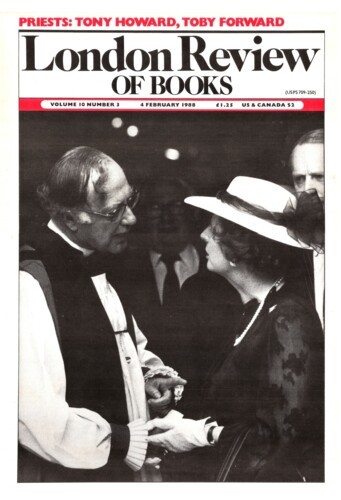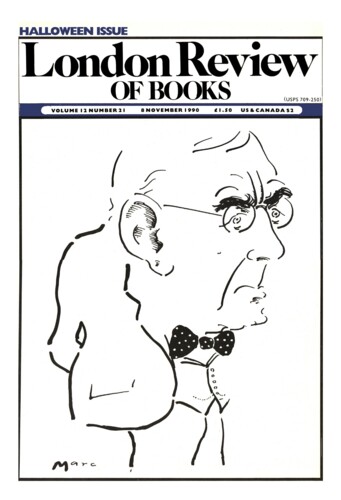Oral History
Carolyn Steedman, 19 June 1986
Myths can be seen as particular kinds of symbolic story designed to explain all the other stories that people tell about themselves. In this case, then, we should expect their periodic recasting, as the day-to-day narratives shift and change. We are in the middle now of some quite explicit recasting, conscious attempts to reverse accounts, particularly psychoanalytic accounts, which place masculinity at the centre of the picture, and which have in the past defined femininity in relation to it. Mothers and mothering become the pivotal points of the daughter’s development, Freud’s hysterics become heroines, grimly and doggedly determined to tell a truth that the analyst will not hear, and Demeter now stalks the earth mourning all her raped and lost daughters, prisoners of phallocentrism or the underworld. The modern anorexic is seen as making a political protest through an act of courage, which in these three books is described as a bid for autonomy using the limited material that comes to hand – a woman’s body: but which can also seen as the ultimate denial of that body unto death. In Kim Chernin’s large claim in The Hungry Self, modern woman’s obsession with eating and not-eating might even provide the royal road to the unconscious that dreams provided for Freud.’
